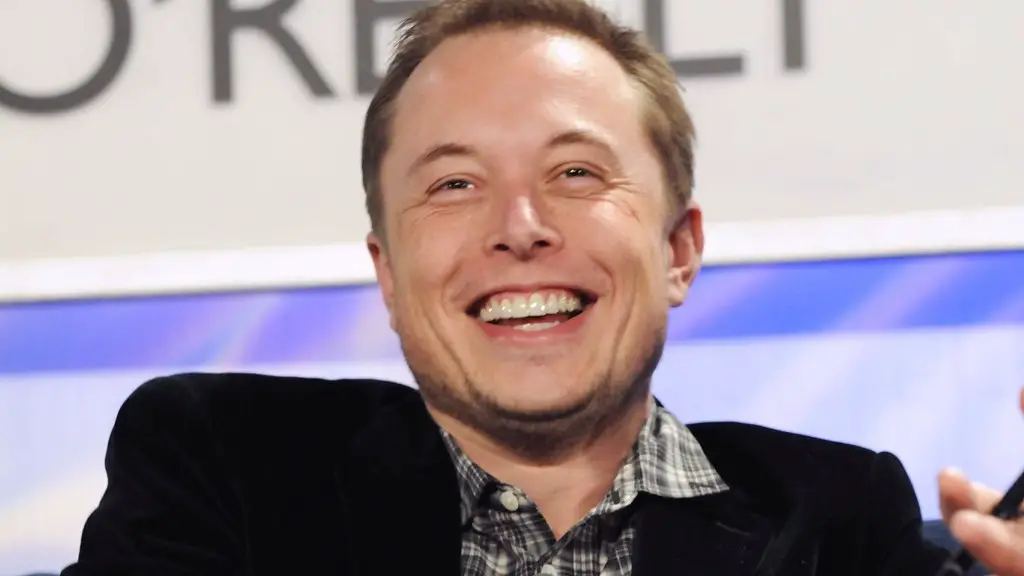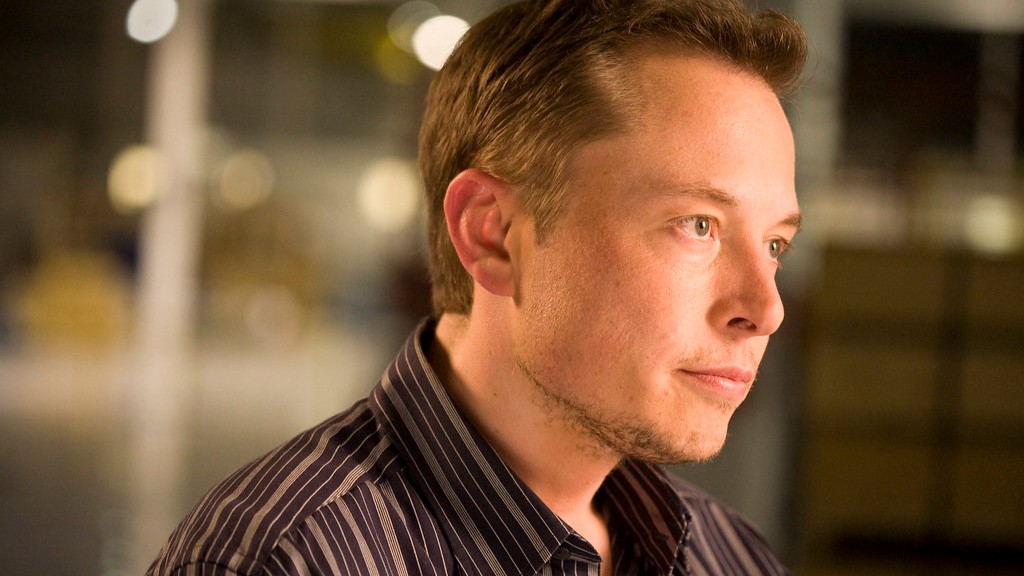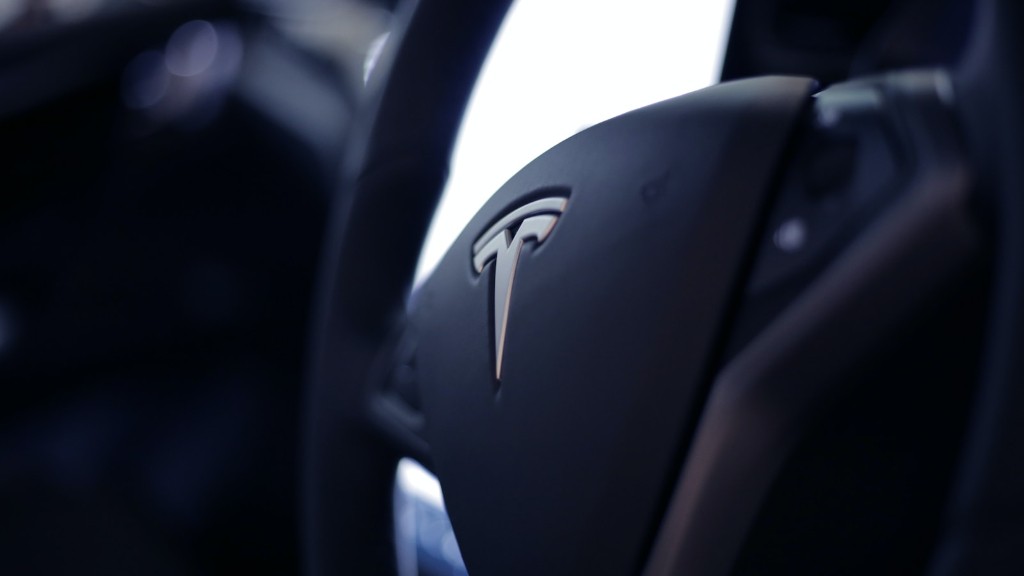Where is Elon Musk Roadster?
At 3:45 P.M. on February 6th 2018, SpaceX successfully launched the Falcon Heavy rocket from its launch pad in Florida into the Earths orbit. Onboard the rocket was a Tesla Roadster, making it the first electric car ever to be sent into space. The sports car, from Tesla, Inc., founded by billionaire entrepreneur, Elon Musk, was chosen to fly along with it a dummy astronaut, Space X calls him “Star Man”.
The Falcon Heavy launch was meant to test the capabilities of SpaceX’s most powerful rocket. The rocket’s introductory mission was a success; all three of the reusable cores of the booster returned to Earth, landing safely on solid ground.
But the Tesla Roadster was another story. The plan was to launch the car in a highly elliptical orbit around the sun, taking it beyond the asteroid belt, potentially reaching Mars. But days after the launch, it was reported that the car had set its course to the wrong trajectory. Elon Musk himself later confirmed on Twitter that the Tesla Roadster was now on an orbit that would take it beyond Mars and into the asteroid belt.
Greg Moore, a senior analyst at SpaceFlightinsider, says that the vehicle could be very hard to track even with professional tracking systems. With the current tracking methods available, “It’s most likely that the car is orbiting the sun, and that’s about all we can determine.”
Furthermore, due to the complexities of orbital mechanics, it might be impossible to calculate exactly where the Tesla Roadster is located in time plus or minus several hours or days. Therefore, it isn’t feasible to tell if the car is currently past Mars or if it’s near the Earth at any given time.
But there is still hope. Amateur astronomers have already been able to track the Roadster with the help of their own technology, proving that it’s still orbiting the sun. Even more, a team of researchers from Canada were able to locate where the Tesla Roadster was in space a full 3 months after the launch, showing that although its whereabouts may remain unknown, it doesn’t mean that its location isn’t trackable.
This is just one of the questions that the launch of the Falcon Heavy and the Tesla Roadster posed. With further developments in technology we might be able to track the Roadster precisely and answer this question with more accuracy.
Exploration of Potential Implications
The successful launch of Falcon Heavy and the Tesla Roadster’s launch intoorbit sparked a lot of debate in the space community about the implications of such an event. Many argue that sending a car into space opens up possibilities for space travel for the common man, something that only a few decades ago was only the realms of science fiction.
Others argue that sending an electric car into space, a car that was heavily advertised by Elon Musk contributes to the increasing corporate commodification of space exploration. This is worrying for critics, who argue that access to space should remain a public good, and not turn into a vehicle for corporate profits.
The launch of the Tesla Roadster into space also impacts the increasing popularity of electric cars, the success of this story being further fueled by Musk’s tweets, furthering his agenda of advancing electric car technology. The electric car industry finally seems to be getting a much needed boost, not just in the United States, but all over the world.
The electric car industry is making a gateway for electric vehicles to break into mainstream consumer markets, something that was not thought possible just a year ago. With the success of this launch, there is hope that more and more electric cars are soon to come, as companies continue to innovate and create new designs to make them more and more appealing to potential buyers.
Furthermore, the success of electric cars encourages more environmentally friendly driving and travel. The clean and electric nature of these cars greatly reduces the amount of carbon dioxide emitted into the environment, helping to reduce air pollution and improve air quality for generations that follow.
Exploration of New Rocket Technologies
The successful launch of the Falcon Heavy rocket and the Tesla Roadster paved the way for new advances and technologies in the rocket industry. This successful mission has opened up the possibilities of sending other objects into space, and to even further lands, such as Mars.
SpaceX has already tested the possibility of reusable cores for the Falconheavy, which were able to land in locations far away from the launch site, making it easier to recover and reuse the rocket parts. This opens up possibilities for reducing the cost of access to space, thus making it easier for more people to access space technology.
The success of this mission also enabled SpaceX and other companies to further research and develop new technologies to power consumer rockets. Such advancements can help improve the performance of consumer rockets as well as decrease their footprint, both financially and environmentally.
Moreover, Elon Musk and SpaceX have left no stone unturned in their quest to find ways to propel a rocket further and faster, using renewable energy sources instead of traditional fuels. In the coming years, the development of green energy rockets could change the way we access space, making it safer and cheaper.
The success of SpaceX and its Falcon Heavy rocket has cast a new light on the possibilities of space exploration. Not only have they proven that reusable rockets are viable and easy to construct, they have also sparked a new wave of ideas and technologies that could shape the future of space exploration.
Exploration of Future of Space Tourism
The success of Elon Musk and SpaceX’s Falcon Heavy mission has raised a lot of questions about space tourism and the potential for ordinary people to explore the cosmos. With the technology now available, it could be possible to send more people into space and to even further away places.
The cost of space travel still remains high, making it difficult for ordinary people to visit space. But with the success of reusable cores and with the potential for green energy powered rockets, the cost of space travel could come down, offering a glimmer of hope for people wishing to explore the universe.
Furthermore, the emergence of new space agencies and organisations such as SpaceX is paving the way for broader access to space. These organisations are proving that there are new possibilities and opportunities for people to explore space and its wonders, paving the way for potential space tourism in the future.
In the past few years, space exploration has become more and more accessible, opening the possibilities for more private ventures and mission. With such exciting developments, the future of space tourism may not be as distant as it once seemed.
Exploration of International Space Race
The successful launch of the Falcon Heavy rocket by SpaceX has sparked a new Space Race in the international community. With the success of this mission, private organisations such as SpaceX have proven that they can compete with long established private space organisations such as NASA, Roscosmos and the European Space Agency.
As a result, companies such as SpaceX have become the frontrunners in the Space Race, pushing the boundaries of private space exploration further than ever before. This has led to increased competition between private space organisations, as they seek to outdo each other and become the leading space exploration organisation.
At the same time, SpaceX’s success has opened up more potential collaborations between private and public space organisations. This could lead to the creation of new opportunities for joint space exploration, such as the collaborative mission that took place between NASA and Roscosmos in 2020.
In the coming years, this level of competition is only set to increase, as organisations and countries attempt to out-compete each other in terms of space exploration achievements. This could lead to exciting new developments in space exploration, as private and public organisations look to tap into new possibilities.
Exploration of Media Reactions
The launch of the Falcon Heavy was highly publicised and rapidly made news on social media and other news outlets. The amount of coverage this story got was unprecedented and widely varied in its reception. Elon Musk’s voice was loud in the public sphere, as the memes and jokes of the moment began to take over the internet.
Social media users had mixed feelings about the launch and it quickly became the subject of debates and discussions. On the one hand, some argued that the Falcon Heavy launch was an exciting moment for space exploration, showcasing the potential for humanity to explore further and achieve great things. On the other hand, some argued that the launch was nothing more than a publicity stunt, meant to promote the image of Elon Musk.
The politics surrounding space exploration were also brought up, with some arguing that the launch promoted a neoliberal and capitalist agenda, while others argued that it further democratised space exploration, allowing for the possibility of more people to explore the universe.
No matter what side of the debate people were on, the launch of Falcon Heavy was certainly an event that will be remembered. The success of this launch has opened up the possibility for more people to explore space and has ushered in a new era of space exploration.



